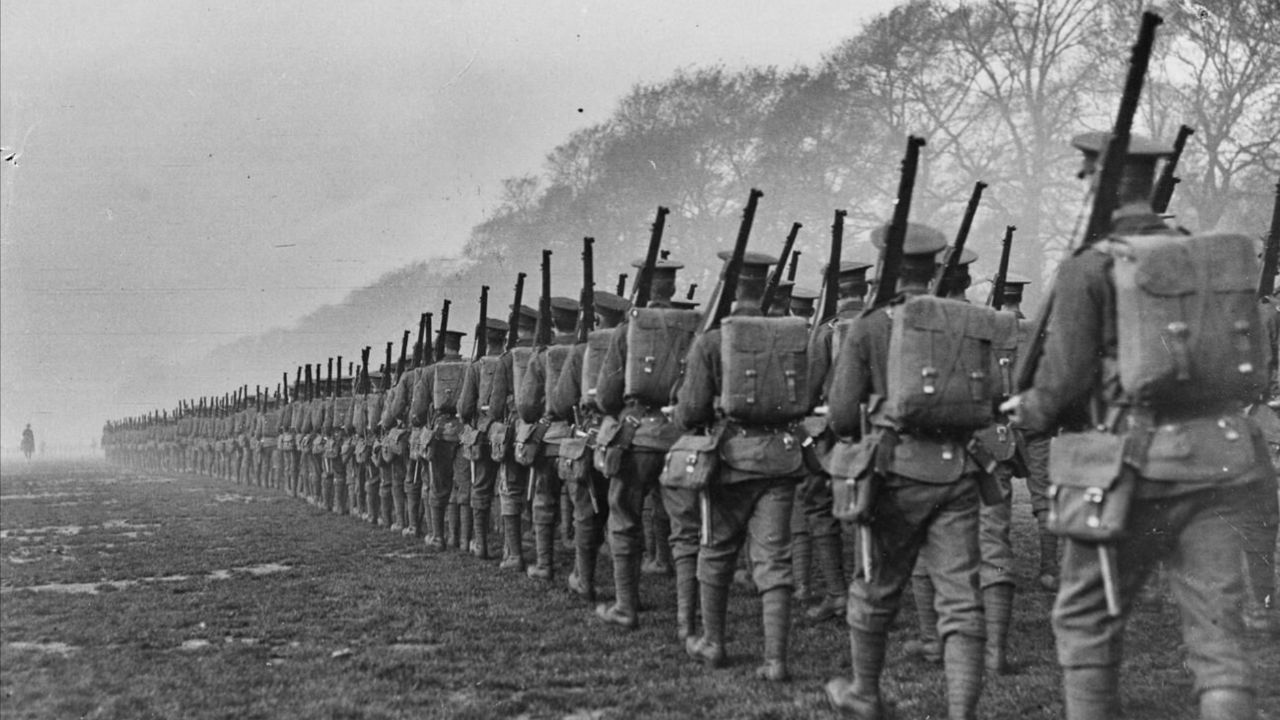moviescout.org – The outbreak of World War I in 1914 marked the beginning of a global conflict that would forever alter the course of human history. Often referred to as the “Great War,” it was a war that involved many of the world’s great powers, organized into two opposing alliances: the Allies and the Central Powers. The war was characterized by its unprecedented scale, the use of new and devastating military technologies, and the profound human cost that accompanied it.
The Human Toll
The human cost of World War I was staggering. It is estimated that over 9 million combatants were killed during the war, with a further 21 million injured or disabled. The total number of military and civilian casualties was even higher, with some estimates suggesting that as many as 37 million people were killed or wounded.
The war was particularly deadly due to the industrial scale of the conflict and the introduction of new military technologies. Machine guns, tanks, poison gas, and long-range artillery were all used for the first time on a massive scale, leading to unprecedented levels of carnage on the battlefield.
The Western Front, with its system of trenches stretching from the English Channel to Switzerland, became the site of some of the most brutal and deadly battles in human history. The Battle of the Somme, for example, resulted in over a million casualties in just four months. The human cost was not limited to the battlefield; civilian populations were also targeted, leading to significant loss of life and suffering among non-combatants.
The Psychological Impact
The psychological impact of World War I was profound and long-lasting. Soldiers who survived the horrors of the trenches often returned home with what was then called “shell shock” or “war neurosis,” conditions that we now recognize as post-traumatic stress disorder (PTSD). The psychological trauma experienced by veterans was a stark reminder of the human cost of war, affecting generations to come.
The war also had a significant impact on civilian populations. The blockades, bombings, and occupations led to widespread suffering, including malnutrition and disease. The social and economic upheaval caused by the war contributed to a sense of disillusionment and despair among the general population.
The Economic and Social Cost
The economic cost of World War I was immense. The war drained national treasuries, led to the indebtedness of many countries, and resulted in the destruction of infrastructure and agricultural land. The economic strain contributed to social unrest and political instability in the post-war period.
Socially, the war had a transformative effect. It uprooted traditional social structures and accelerated social change. Women, for example, took on new roles in the workforce and in society, contributing to the push for gender equality. The war also led to a reevaluation of traditional values and beliefs, as the horrors of the conflict challenged the prevailing optimism of the early 20th century.
The Legacy of Loss
The human cost of World War I left a lasting legacy of loss and mourning. Entire generations were decimated in some regions, leading to a demographic impact that was felt for decades. Memorials and cemeteries across the world stand as poignant reminders of the lives lost and the communities that were forever changed.
The war also had a profound impact on the collective memory and consciousness of the nations involved. It led to a reevaluation of the concept of war itself and contributed to the development of international laws and institutions aimed at preventing future conflicts.
Conclusion
World War I was a conflict of unprecedented scale and human cost. The loss of life, the psychological trauma, and the economic and social upheaval left a lasting impact on the world. The war serves as a somber reminder of the price of global conflict and the importance of striving for peace and understanding among nations. As we remember the centennial of this tragic event, it is crucial to honor the memory of those who suffered and to learn from the lessons of the past to ensure a more peaceful future.
